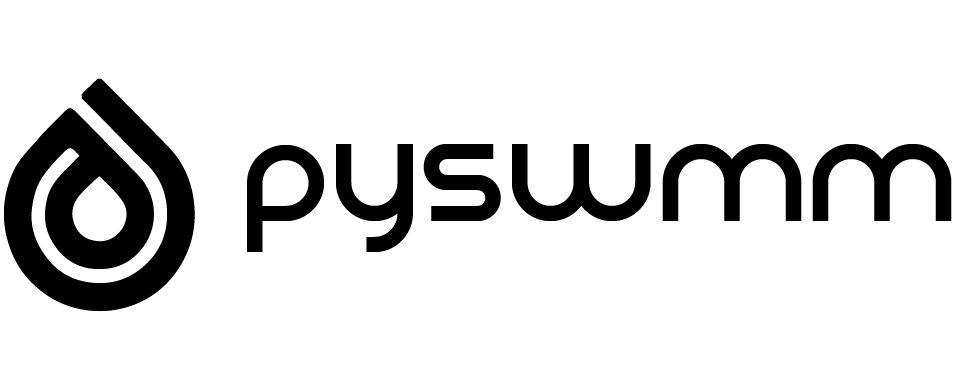LidControls#
- class LidControls(model)[source]#
Lid Control Iterator Methods.
- Parameters:
model (object) – Open Model Instance
This allows the user to iterate and get on of the LID control types as defined inside SWMM’s [LID_CONTROLS] section. For example, here is a sample section from a SWMM INP file.
[LID_CONTROLS] ;;Name Type_Layer Parameters ;;-------------- ---------- ---------- LID_C1 IT LID_C1 SURFACE 0.0 0.0 0.03 1.0 5 LID_C1 STORAGE 800 0.3 3.6 0 NO LID_C1 DRAIN 0.5 1.41 400 6 0 0
Now we can peform manipulations in PySWMM and get objects.
from pyswmm import Simulation, LidControls with Simulation('lid_model.inp') as sim: for lid_control in LidControls(sim): print(lid_control)
>>> LID_C1 >>> lid_control_type_2
It is also possible to simply get an LID control by name as follows:
from pyswmm import Simulation, LidControls with Simulation('lid_model.inp') as sim: lid_control = LidControls(sim)['LID_C1'] print(lid_control)
>>> LID_C1
Once the LID control object is instantiated, there are getter and setters available for each different layer of the LID Control. The layers are the following and these become instance attributes of each LID Control (LidControl) object.
Layer Type
Attribute
Surface
surface
Soil
soil
Storage
storage
Pavement
pavement
Drain
drain
DrainMat
drain_mat
In our example model section above the layers defined are Surface, Storage, and Drain. Once the handles are available, the properties and setter methods can be called to read and modify the values.
from pyswmm import Simulation, LidControls with Simulation('lid_model.inp') as sim: lid_control = LidControls(sim)['LID_C1'] # Handles to get/set params for each layer lid_control_surface = lid_control.surface lid_control_storage = lid_control.storage lid_control_drain = lid_control.drain print(lid_control_surface.roughness) lid_control_surface.roughness = 0.5 print(lid_control_surface.roughness) for step in sim: pass
>>> 0.03 >>> 0.5
Methods
